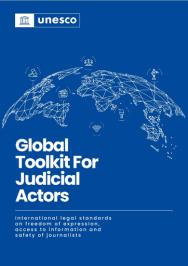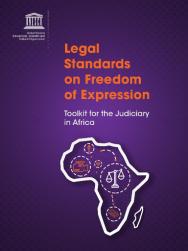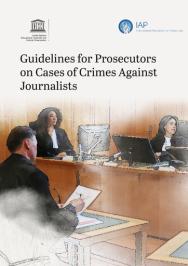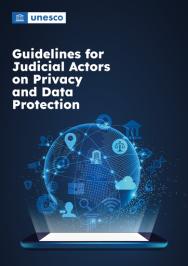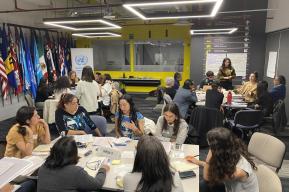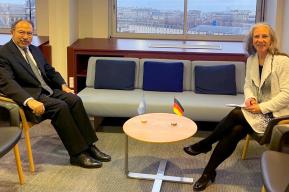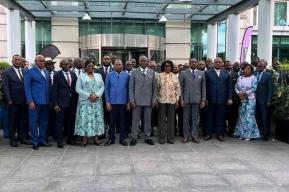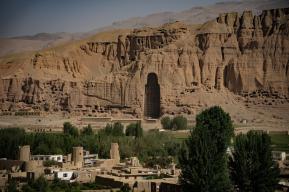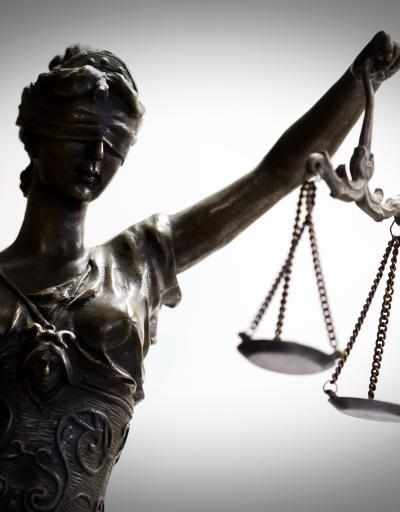
Freedom of Expression and the Rule of Law
UNESCO cooperates with the judiciary and security forces to support their vital role in reinforcing the “three Ps” (Prevention, Protection, and Prosecution), to guarantee journalist’s safety and end impunity for crimes against them. We raise the capacities of judicial actors and law enforcement agents on international and regional standards on freedom of expression, access to information and the safety of journalists through Massive Open Online Courses (MOOCs), on-the-ground training and workshops, and the publications of toolkits and guidelines. We do this within the framework of the UN Plan of Action on Safety of Journalists and the Issue of Impunity.
Just released
The data also shows that a majority of the attacks have been committed by security forces. 42% of journalists were attacked by law enforcement agents. Attacks included beating and arbitrary arrests.
10 years: UNESCO's Judges' Initiative
Our Actions
Our Stories
How to stop impunity for crimes against journalists
Why impunity of crimes against journalists prevails? - It is not an easy answer. But when a journalist is attacked for his or her work, not only is the journalist's individual right to freedom of expression violated, but also the collective rights of society to access information. Silencing a journalist should not only be a concern for one individual or journalistic union, it is an issue that affects society as a whole, its present and its future.
This video is also available with subtitles in Arabic, Chinese, French, Russian and Spanish.
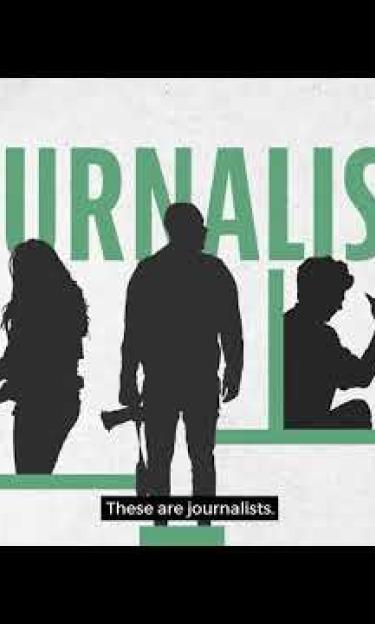
The Legitimate Limits to Freedom of Expression: The Three-Part Test
Freedom of expression is a fundamental right, indispensable in democratic societies. However, this right is not an absolute right, and may be lawfully restricted according to certain principles and conditions. Under international human rights law, and specifically, article 19 of the International Covenant on Civil and Political Rights (ICCPR), the three-part test determines whether a restriction on freedom of expression is legitimate.
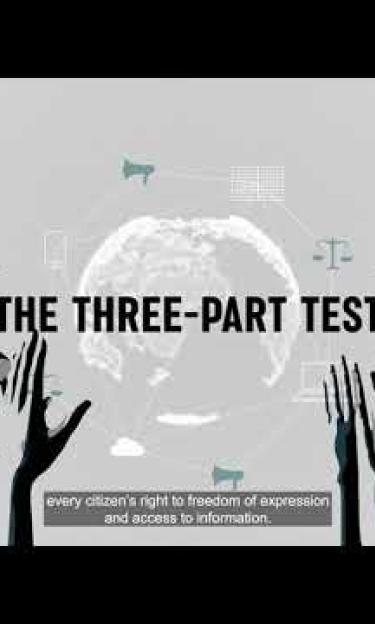
More videos on the Freedom of Expression and the Rule of Law
In Numbers
News
Upcoming Events
Our Publications
